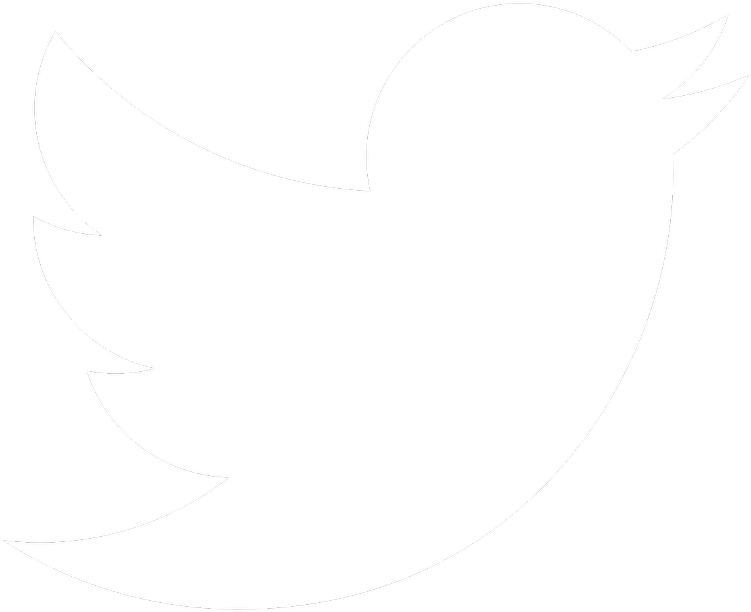How to Keep Employees Motivated From Home

With an impending recession, it is vital to ensure that your team and business are able to tackle this challenge head on. Upkeeping a high level of productivity is key when working against a declining economy. To add to this, having no control over workspace can affect a worker’s productivity, a study from the Harvard Business Review suggests. So, how can you motivate employees as a manager? The key is adaptability and experimentation.
Leaders must encourage workers to learn to adapt to their new work life and allow them to experiment with new and unique ways to approach work-related problems. The same Harvard Business Review study suggests three positive key motivators that can help increase an employee’s work performance: play, purpose and potential. It is crucial to ensure that all three motivators are still present when working from home. Studies have shown that when a worker loses direct access and physical connection to colleagues and superiors, all the key motivators are likely to be threatened. Even after the lockdown period, it’s important to maintain those positive motivators.
With all of this in mind, here’s what you can do to motivate your employees during self-isolation:
Loosen the boundaries and previous strict rules.
Old rules may not be relevant to the new conditions, especially when working remotely. It’s important to make sure previous strict rules and processes are addressed and re-evaluated to better suit the current situation. Too many rules can cause people’s motivation to decrease and lose their ability to problem-solve and think creatively. By lessening the boundaries, workers are more likely to improve their adaptability performance.
If you want your team to be engaged in their work, you have to make their work engaging.
Provide workers the opportunity to solve both minor and major problems that could benefit the company. When workers are stuck using the same-old tactical approach and find difficulty in accomplishing their goals, their purpose will be badly affected. By offering new problems to solve, a worker’s engagement will likely increase. Be sure these problems are worth the time and effort and contribute to the overall goal for the team or company.
Re-structure your meetings
Shift weekly goals/performance meeting from tactical led to focus on adaptive performance. Meetings at the start of the week should focus on whatever new experiments and approaches will be conducted during that same week. Use the time to evaluate the previous week’s experiment and discuss what worked and what didn’t. At the end of the week, meetings should be a time to reflect on the overall performance.
Arrange to have one-on-one weekly meetings with team members to set personal goals.
During the week be sure to hold individual meetings and catch-ups with each team member to discuss their own goals and progress. Best practice is to discuss each team member’s motivators and demotivators and what can be done to optimise their work performance. This is also a great opportunity to see what you as a leader can do to motivate and support them.
Provide an environment for your team to talk and share their experiences.
During meetings, make an effort to encourage group discussions on the current climate. This can be a time for the team to provide tips on how to cope, whether it be work related or not, or even to express their grievances. This creates a safe environment for employees to share ideas, discuss their problems and maintain a sense of connection with each other.
When workers are feeling anxious, it’s important to offer them a break from thinking about the worst-case scenarios. Providing a good work environment and motivation can certainly help with their overall mental health and even provide a healthy escape from the current situation.
Workers whose duties, prior to COVID-19, mainly focused on tactical goals may find difficulty in the sudden shift. When an event such as COVID-19 abruptly changes the way business works, it is vital to learn how to adapt to the change and use new techniques for problem-solving. Be sure to remember that this sudden change doesn’t have to be the end of your business. Rather, see this as an opportunity to strengthen your team and practice the art of resilience.







